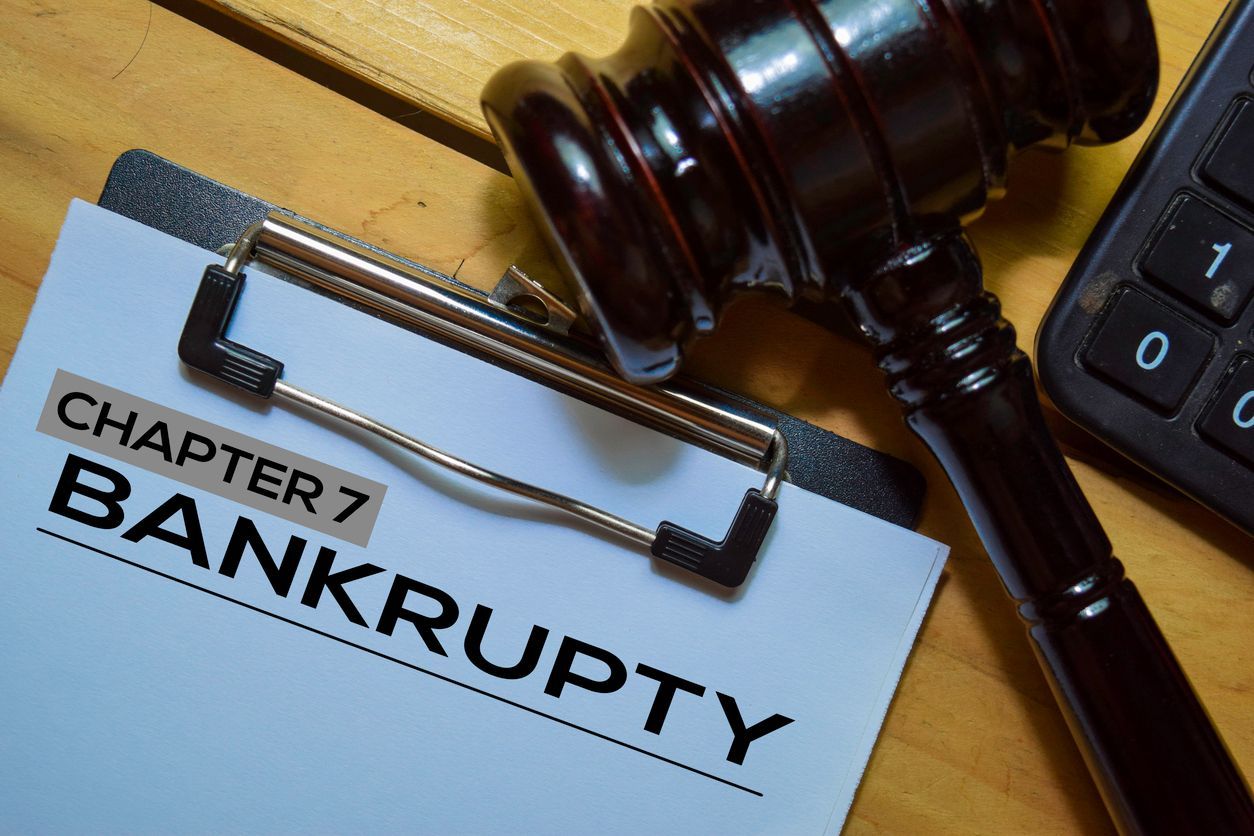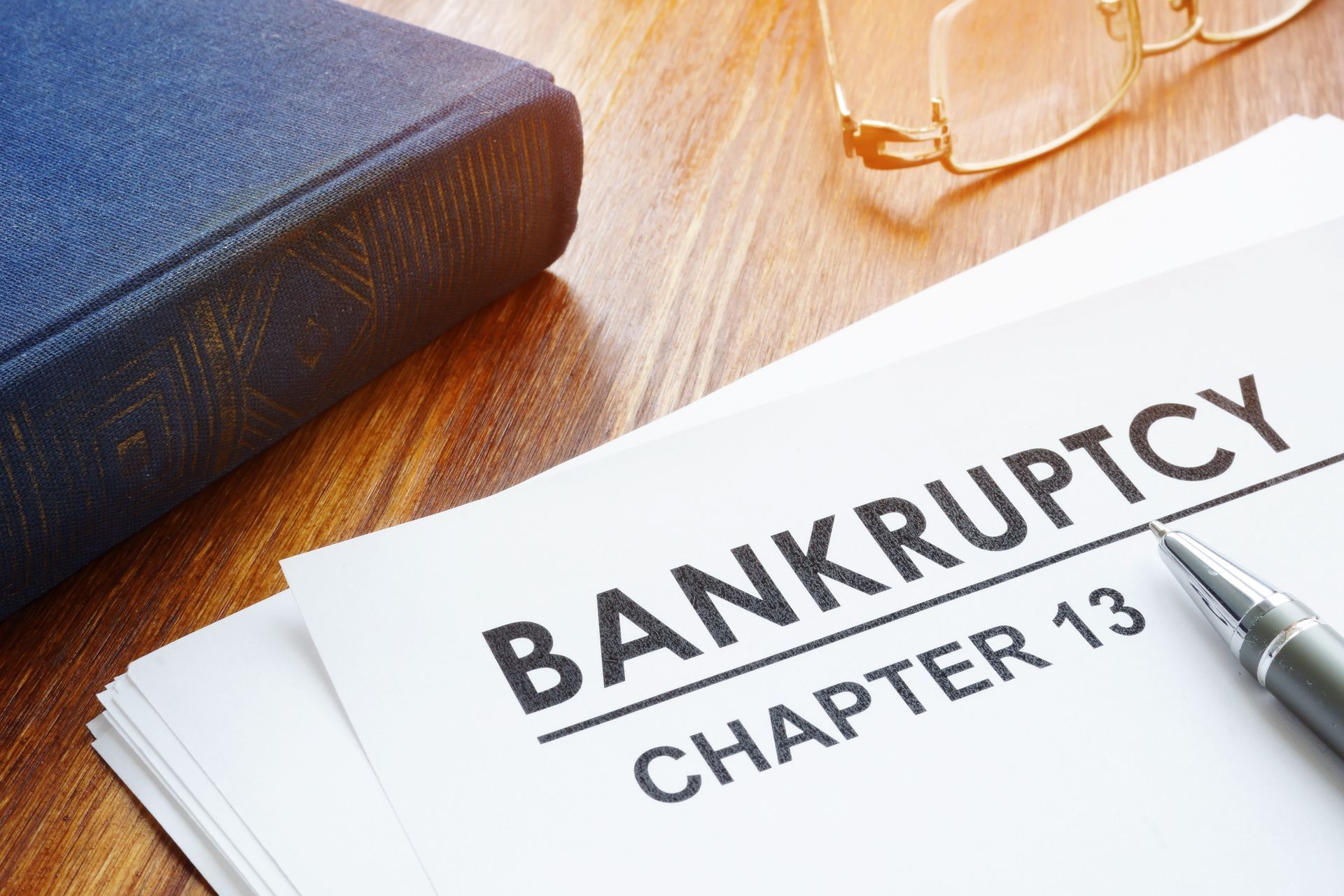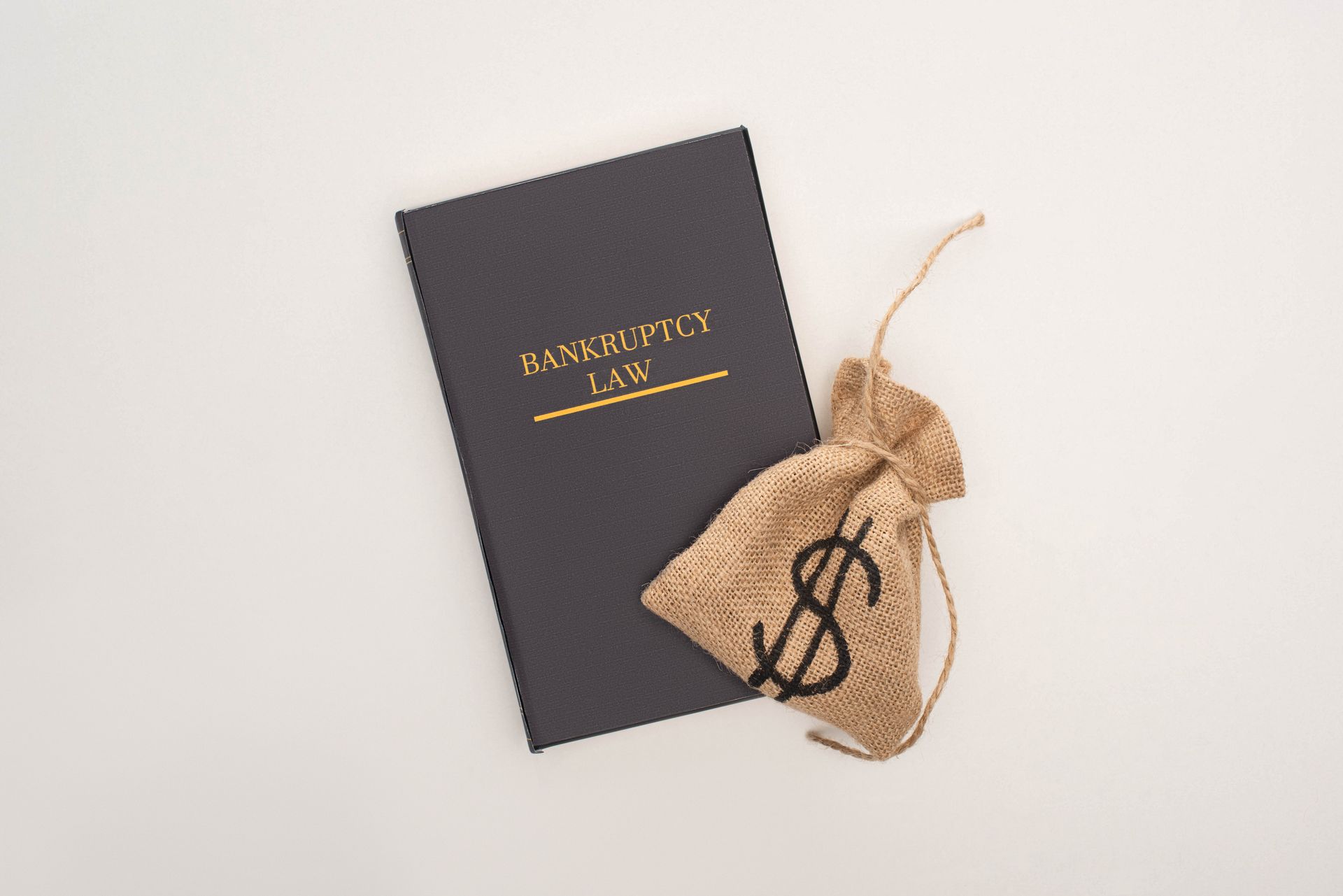Chapter 13 Bankruptcy: A Path to Financial Relief in North Carolina
Filing for bankruptcy can be a difficult decision, but for many individuals and families in financial distress, it can offer a fresh start. Chapter 13 bankruptcy, also known as a “wage earner’s plan,” allows debtors to create a plan to repay all or part of their debts over time. At the Law Office of Calvin Craig in North Carolina, we help clients navigate the Chapter 13 bankruptcy process and regain control of their financial future.
What Is Chapter 13 Bankruptcy?
Chapter 13 bankruptcy is designed for individuals who have a steady income but are struggling to keep up with their debts. Unlike Chapter 7, which involves liquidating assets to pay off debts, Chapter 13 allows you to restructure your debts into a manageable payment plan that lasts three to five years. During this period, you make regular payments to a bankruptcy trustee, who then distributes the funds to your creditors.
Key Benefits of Chapter 13 Bankruptcy
- Avoid Foreclosure: One of the biggest advantages of Chapter 13 is its ability to stop foreclosure proceedings. If you’ve fallen behind on mortgage payments, Chapter 13 gives you the opportunity to catch up on those payments over time while protecting your home from foreclosure.
- Consolidated Payments: Chapter 13 allows you to combine your debts into one manageable monthly payment. This can simplify your financial situation and reduce the stress of dealing with multiple creditors.
- Protection of Assets: Unlike Chapter 7, which may require you to sell certain assets to pay creditors, Chapter 13 allows you to keep your property while making payments on your debts.
- Debt Discharge: At the end of the repayment period, any remaining unsecured debts (such as credit card debt or medical bills) may be discharged, meaning you will no longer be required to pay them.
- Stop Collection Efforts: Once you file for Chapter 13, an automatic stay goes into effect, which halts wage garnishments, lawsuits, and collection calls from creditors.
Eligibility for Chapter 13 Bankruptcy
To qualify for Chapter 13 bankruptcy, you must meet certain criteria:
- Regular Income: Chapter 13 requires you to have a steady income that allows you to make regular payments under a repayment plan.
- Debt Limits: As of 2023, unsecured debts (such as credit cards and medical bills) must be below $465,275, and secured debts (such as mortgages and car loans) must be below $1,395,875 to qualify for Chapter 13.
- Tax Filings: You must be up to date with your tax filings to be eligible for Chapter 13 bankruptcy.
The Chapter 13 Bankruptcy Process
- Filing the Petition: The process begins when you file a bankruptcy petition with the court. This includes providing detailed information about your assets, debts, income, and expenses.
- Creating a Repayment Plan: You will work with your attorney to create a repayment plan that outlines how you will repay your debts over the next three to five years. The plan must be approved by the bankruptcy court.
- Automatic Stay: Once the petition is filed, an automatic stay goes into effect. This prevents creditors from taking any collection actions, including foreclosure, repossession, or wage garnishment.
- Making Payments: You will begin making monthly payments to a bankruptcy trustee, who will distribute the funds to your creditors according to the approved repayment plan.
- Completion of the Plan: If you successfully complete the repayment plan, any remaining eligible unsecured debts may be discharged, giving you a fresh financial start.
How Chapter 13 Differs from Chapter 7
While both Chapter 13 and Chapter 7 bankruptcy offer relief from overwhelming debt, they are fundamentally different. Chapter 7 is typically faster, allowing for the liquidation of non-exempt assets to pay off debts within a few months. However, it may require the sale of valuable assets and is only available to individuals who pass the means test, which measures your ability to repay debts based on your income.
Chapter 13, on the other hand, is a reorganization of your debts that allows you to keep your property and repay what you owe over time. It is an ideal option for individuals who are behind on mortgage or car payments and want to avoid losing their home or vehicle.
Why You Need an Experienced Bankruptcy Attorney
Filing for Chapter 13 bankruptcy is a complex process that requires a deep understanding of bankruptcy law and financial planning. Having an experienced bankruptcy attorney by your side can make a significant difference in the outcome of your case. At the Law Office of Calvin Craig, we guide clients through each step of the process, ensuring that they meet all the necessary requirements and create a repayment plan that works for their unique financial situation.
Our services include:
- Personalized Legal Advice: We help you understand your options and determine whether Chapter 13 bankruptcy is the best solution for your financial challenges.
- Filing Your Petition: We assist with filing all the necessary paperwork and ensuring that your petition is complete and accurate.
- Creating a Repayment Plan: We work with you to create a feasible repayment plan that fits your budget and meets the court’s requirements.
- Representation in Court: We represent you in court and at any hearings, advocating on your behalf to protect your rights and interests.
Chapter 13 bankruptcy can be a powerful tool for individuals in North Carolina who are struggling with debt but want to keep their property and regain financial stability. By working with an experienced bankruptcy attorney at the Law Office of Calvin Craig, you can navigate the complexities of Chapter 13 and start building a brighter financial future.
If you’re considering filing for Chapter 13 bankruptcy or need advice on managing your debt, contact the Law Office of Calvin Craig today for a consultation. We’re here to help you every step of the way.











